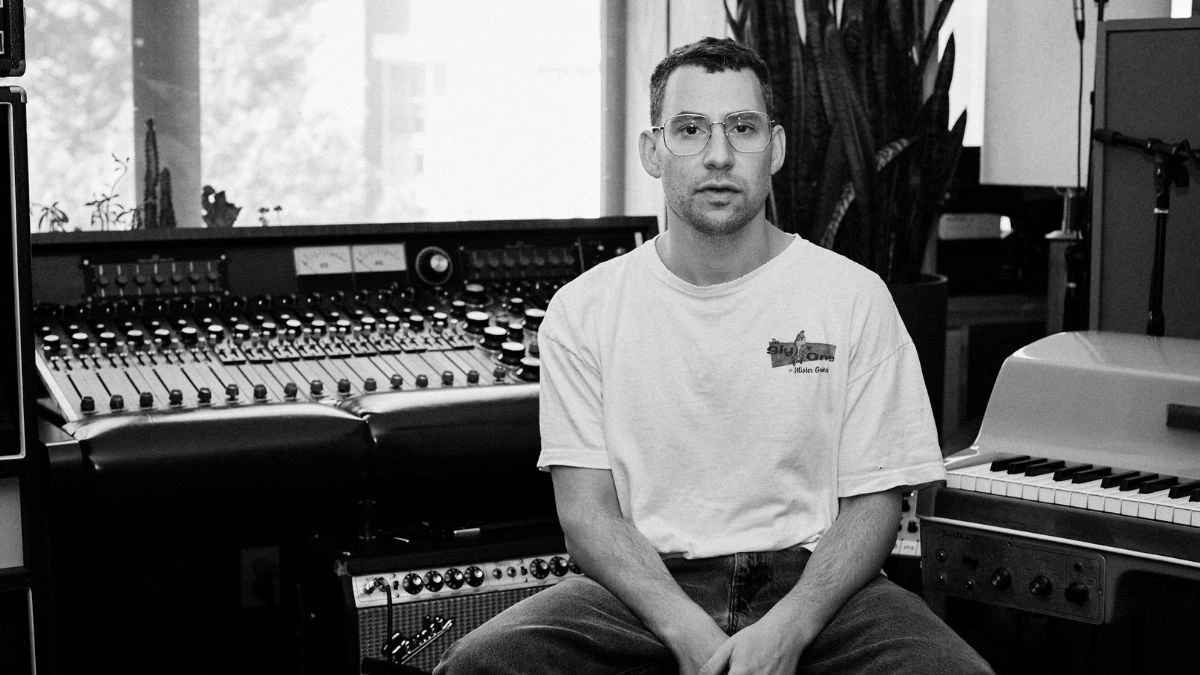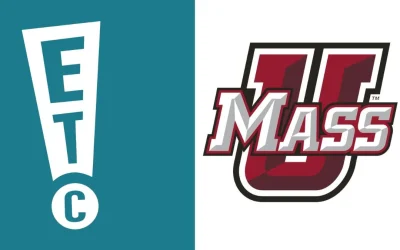Live Nation CEO Michael Rapino sparked controversy earlier this month when he downplayed consumer frustration over rising ticket costs, calling them “underpriced.”
“In sports, I joke it’s like a badge of honor to spend [$70,000] for Knicks courtside,” Rapino said. “When you read about the ticket prices going up, it’s still an average concert price [of] $72. Try going to a Laker game for that, and there’s 80 of them [in a season].”
| READ: Live Nation CEO Rapino Again Claims Concerts Are “Underpriced” |
The backlash across the internet has been widespread. Most notably, acclaimed music producer Jack Antonoff rejected Rapino’s claims, noting in a post on X that “this really breaks my heart and is a sick way of looking at it.”
“Answer is simple: Selling a ticket for more than its face value should be illegal,” he wrote. “Then there is no chaos, and you give us back the control instead of creating a bizarre free market of confusion amongst the audience who we love and care for.”
The Grammy-winning songwriter, who has worked with Taylor Swift, Lana Del Rey, and Lorde in addition to leading Bleachers, has been outspoken on ticketing issues before. Earlier this year, he criticized hidden fees and the lack of transparency in the ticket-buying process, aligning with broader fan frustration around affordability and fairness.
Antonoff isn’t alone; fans shared their distaste for Rapino’s opinion, pointing out that he is one of the richest men in the industry — and it’s worth noting that at one point, he was making a whopping 3,334 times more than an employee at his company.
Rapino’s comments arrive as the ticketing industry continues to face scrutiny from lawmakers, regulators, and fans. The Department of Justice is pursuing an antitrust lawsuit against Live Nation and Ticketmaster, citing anticompetitive and monopolistic practices.
Unfortunately, fans might not see any comedown soon. Live Nation has continued its stranglehold on the industry, with revenue climbing 16% year-over-year to $7 billion and adjusted operating income (AOI) up 11% to $798 million during its second quarter report this year.




